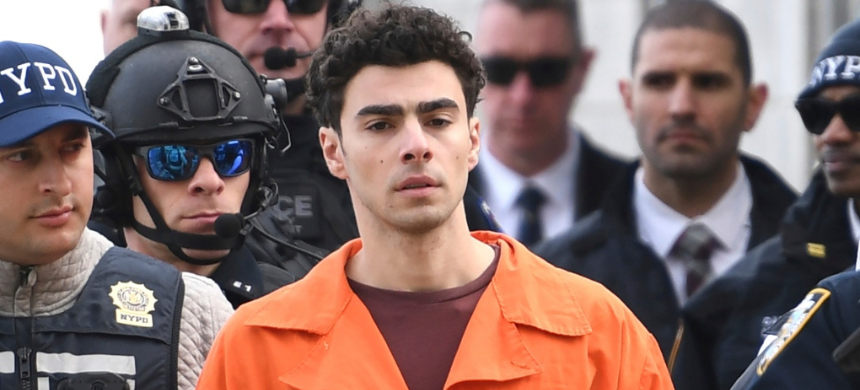Luigi Mangione Faces Murder Charges in State and Federal Court Over Killing of UnitedHealth Group Executive
Luigi Mangione, the suspect in the Dec. 4 killing of UnitedHealth Group executive Brian Thompson, faces multiple murder charges in both state and federal court in New York. Below is a breakdown of the charges and what to expect as the case progresses:
Federal Charges
In federal court, Mangione, 26, has been charged with:
- One count of murder through use of a firearm
- One count of using a firearm silencer during a violent crime
- Two counts of interstate stalking, alleging that Mangione was surveilling Thompson prior to the murder.
These charges were filed based on an FBI complaint. Federal prosecutors may seek a grand jury indictment, which could result in additional charges.
Consequences of the Federal Charges
If convicted, Mangione faces severe penalties:
- Federal murder charge: Eligible for the death penalty, if prosecutors pursue it. Otherwise, Mangione could face life in prison.
- Using a firearm silencer: A mandatory 30-year sentence, if convicted.
The potential for the death penalty may encourage Mangione to seek a plea agreement, according to New York Law School professor Anna Cominsky.
Read More: Woman teacher shot dead in honor killing
Death Penalty Considerations
For the death penalty to be considered, federal prosecutors would need approval from the U.S. attorney general. A death penalty case would proceed in two phases: the first to determine guilt, and the second to decide if the death penalty is appropriate. However, experts believe it’s unlikely that a jury would vote for the death penalty in this case, especially as it does not involve multiple victims or law enforcement officers.
State Charges and Potential Punishments
On Tuesday, Manhattan District Attorney Alvin Bragg announced that Mangione had been indicted on 11 counts, including:
- First-degree murder
- Murder as an act of terrorism
If convicted of all state charges, Mangione could face life in prison without the possibility of parole. New York abolished the death penalty in 2004, so the state’s ban on executions remains in place, but federal prosecutors are still able to seek the death penalty in federal cases.
How the Cases Will Proceed
It is expected that the state case will proceed to trial before the federal case. The Manhattan U.S. Attorney’s office indicated that both cases could move forward in parallel, despite the distinct legal theories involved. The state charges include allegations of terrorism, while the federal case centers around Mangione’s actions in stalking and killing Thompson.
Mangione’s defense lawyer, Karen Friedman Agnifilo, argued that the state and federal cases appear to conflict due to the differing nature of the charges, with the terrorism charge focusing on intimidation or influence, while the federal case involves a personal killing.
As the legal process unfolds, Mangione faces a complex and high-stakes trial in both state and federal courts.










